Avionics Engineer
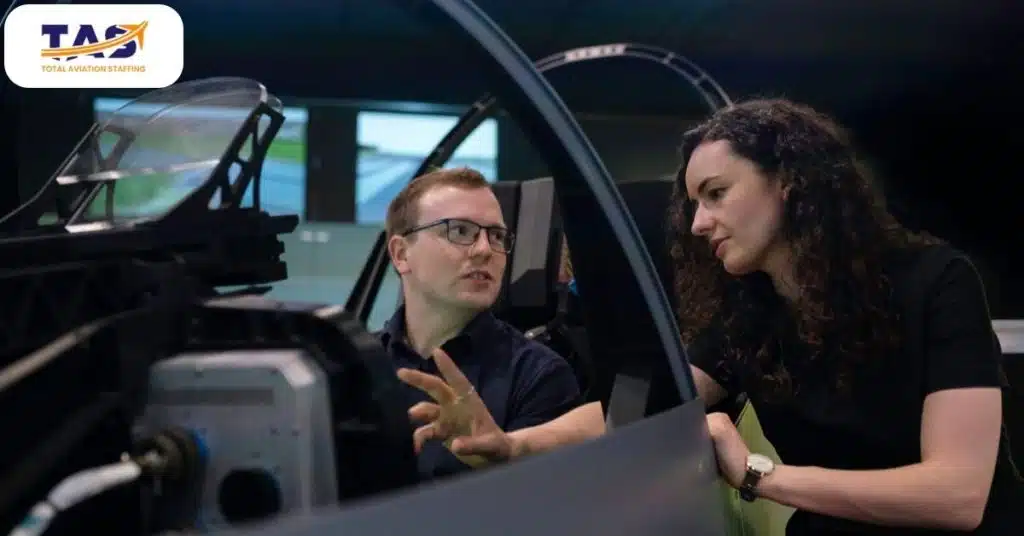
As an avionics engineer, you’ll be responsible for developing, testing and maintaining the electronic systems on aircraft. It’s a challenging and rewarding career and one that offers great opportunities for professional growth. You’ll need to have an understanding of electrical engineering and aviation as well as a passion for problem-solving. If you’re interested in becoming an avionics engineer, here’s what you need to know.
So, you want to be an avionics engineer…
Becoming an avionics engineer is an exciting career path, combining a passion for technology with the goal of ensuring the safety of aircraft travelers. To get started, you’ll need a technical education in fields such as electronics, computer science, engineering, and mathematics.
Courses that focus on digital logic, development processes, microelectronics, communications systems, and digital signal processing systems are all great options. As you further your studies you can hone in on optical systems technologies such as laser and infrared guidance devices as well as space-based navigation systems.
Upon graduation, you’ll need experience working with digital and analog circuitry used to process information collected from onboard instrumentation. With more aviation experience you may eventually work your way up to managing more sophisticated components like aircraft flight control system design or other development projects requiring computing and software integration.
Ultimately it takes dedication to become an adept avionics engineer but when you are ready to move forward in the industry there will be plenty of advancement opportunities waiting for you!
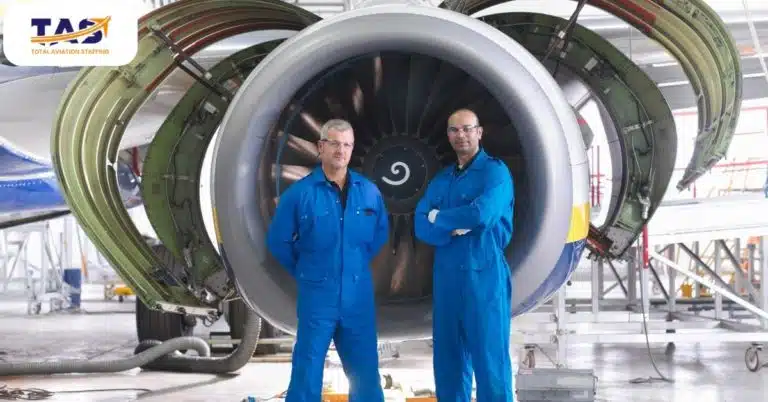
What does an avionics engineer do, exactly?
Have you ever looked up at an airplane soaring through the sky and wished you were the one responsible for its steady flight? Well, if that’s the case, then a career as an avionics engineer is a great option! Avionics engineers are responsible for designing and testing technologies related to aircraft navigation, communications, and instrumentation systems.
This means they’re in charge of things like determining the location of an aircraft or selecting navigation routes or communication frequencies. They also examine flight patterns to identify potential areas where problems may arise with navigation equipment, communications systems, or other instruments.
In some cases, they might even install or repair components during unscheduled maintenance periods and flight tests to ensure safe operation of flying vehicles. With any combination of these tasks taking place on any given day, it’s clear to see that an avionics engineer can have an exciting and rewarding career! Whether keeping airplanes safely in the air or something else entirely – these professionals help make sure we never have far to reach for the skies.
It’s certainly no small job either – so though inspiring that might sound – be sure to do your research thoroughly before committing! Nothing will provide greater confidence than having knowledge of what goes into this challenging role so you too can experience life in the clouds. Who knows – maybe someday soon it will be you steering our future voyages forward!
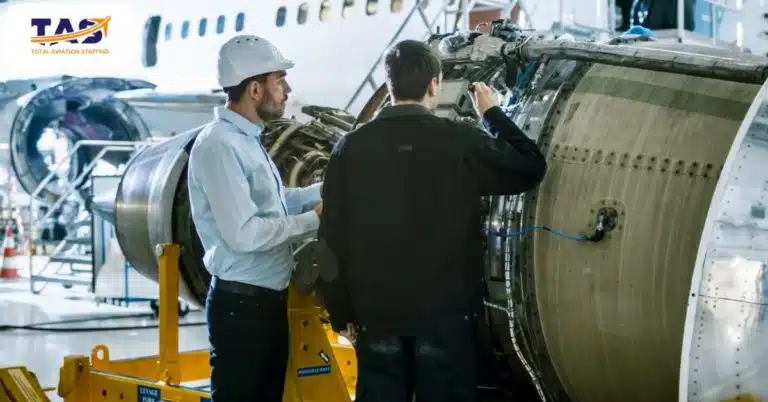
The job outlook for avionics engineers is good!
If you’re looking for a promising career path, look no further than avionics engineering. As a growing field, the job outlook for avionics engineers is very good, with ample opportunities in both the public and private sectors. On top of that, the industry is truly global, offering engineers the chance to work with companies all over the world.
Of course, it’s not just about finding employment – avionics engineering is incredibly rewarding work that requires creativity and problem-solving skills. From aircraft design to flight testing and air traffic control systems, these professionals have an important hand in keeping our skies safe. The educational requirements vary from role to role, but an undergraduate degree and hands-on experience are frequently needed – so aspiring engineers may benefit from taking relevant courses while still side-studying or upon graduation.
With its attractive salary prospects, international appeal, and ongoing need for skillful professionals, now is a great time to consider avionics engineering as a career choice!
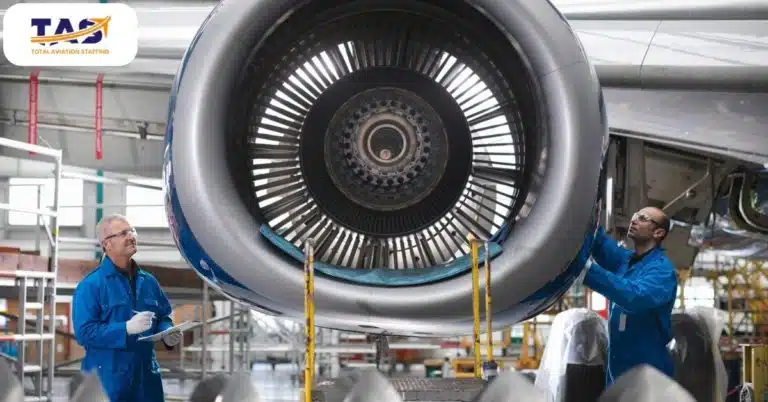
Here’s what you need to know about becoming an avionics engineer…
Becoming an avionics engineer is a very rewarding career. As an engineer, you’ll have the unique opportunity to combine expertise in engineering with knowledge of aviation and aeronautics. Your technical skills, which may include electrical engineering, computer science, mechanical engineering, and physics, will be in high demand when it comes to designing, testing, and maintaining air transportation systems.
This could involve designing and testing communication systems like satellite communication, NAV/COMs, or radar warning systems. You might even get involved with developing new air traffic control technologies or upgrading existing aircraft navigation systems. Becoming an avionics engineer requires extensive training and education.
Generally speaking, you’d need at least a bachelor’s degree in Engineering and often also certification from the Federal Aviation Administration (FAA). Alongside your studies, it can also be beneficial to gain experience through internships or summer programs which give you great industry insight.
With your experience and qualifications, you can progress through the ranks in the avionics field but there are certain specializations that require additional skills training such as Airborne Sensor or Satellite Navigation System Design & Maintenance. With a job outlook reflecting the growing demand for safe air travel, becoming an avionics engineer is certainly something worth considering!
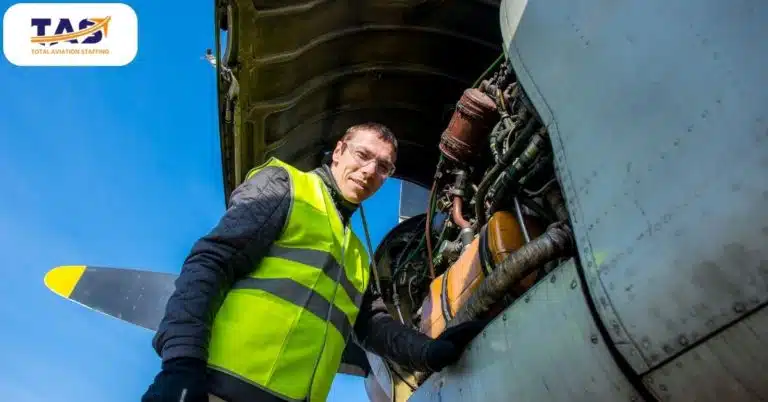
Ready to become an avionics engineer? Let’s get started!
Becoming an avionics engineer might seem overwhelming, but if you have a passion for airplanes and the drive to learn, it’s well within your reach. To get started, you’ll need a degree in engineering—particularly aerospace or electrical engineering—as most employers require avionics engineers to hold at least a bachelor’s degree.
This course of study will provide you with a comprehensive understanding of wiring, circuit analysis, programming languages, and embedded systems; all important components of the job. You can also supplement your coursework with extra certifications related to airplane maintenance, as employers often value on-the-job experience in addition to formal training. Moreover, joining professional groups like the Aircraft Electronics Association can help to keep your skills sharp and give you access to industry updates and expert resources.
So whether you’re looking for an exciting career in aeronautics or just want to gain more insight into air travel safety, becoming an avionics engineer is certainly worth considering! With dedication and the right skill set, there’s no telling what you can accomplish.
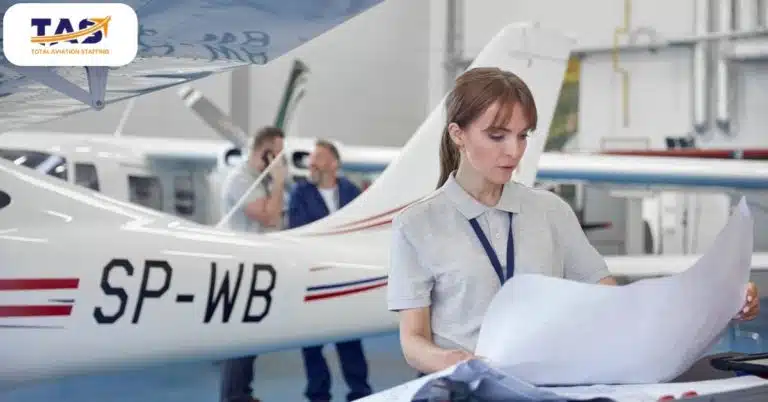
In conclusion
So, there you have it! If you’re interested in becoming an avionics engineer, these are the things you need to know. The job outlook is good and with the right training, you can be on your way to a successful career in this field. Are you ready to start your journey? Let us help guide you along the way!
